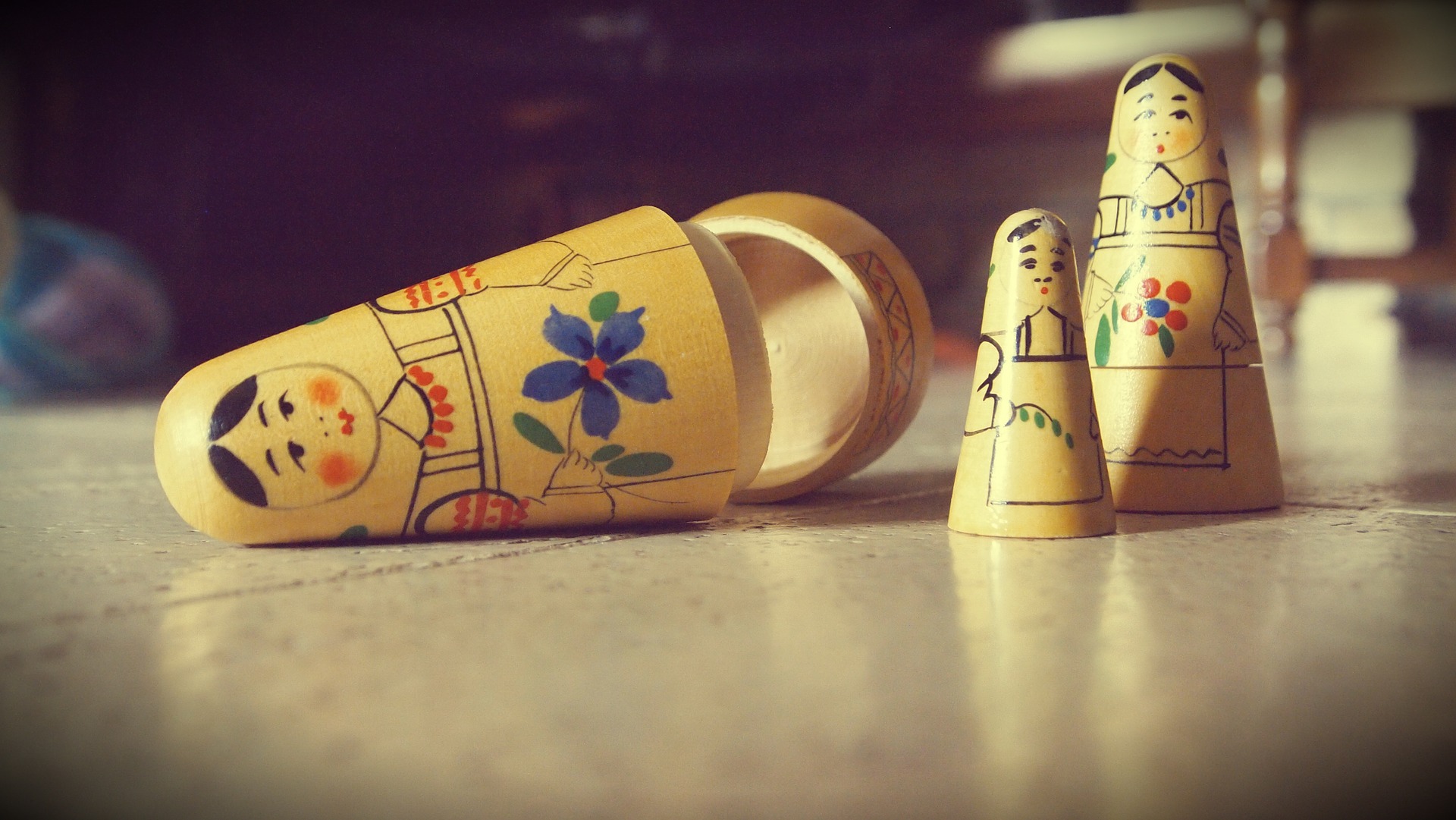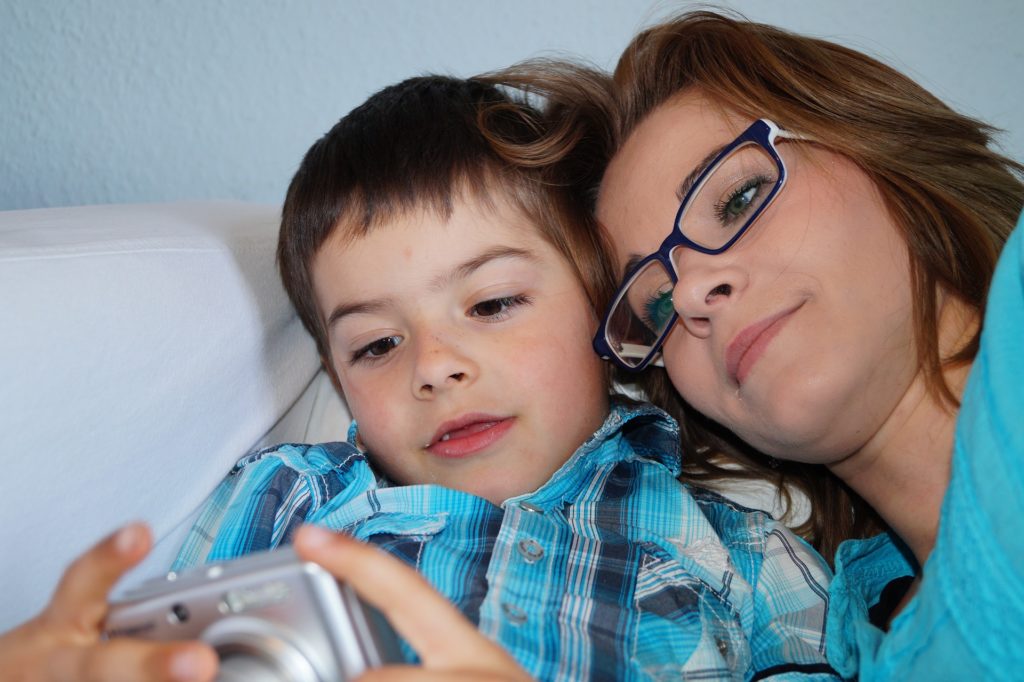“No one ever told me that grief felt so like fear.” – C.S. Lewis.
It has been said, that the one constant in life is change! Yet, it can be hard for many of us to deal with significant life changes and feel like we can someday ‘bounce back’ from them. This is especially true, in regards to coming to terms with the death of a loved one. Death is a natural part of life, with 78% of students bereaved from a close friend or relative and 4-7% of students bereaved of a parent. Children can have a difficult time understanding the permanency of death. Be mindful not to add to this confusion by using unclear language when discussing what has occurred. While it may not be developmentally appropriate for them to know all the details, keep in mind that euphemisms and half-truths can upset children.
Sometimes we may have a delayed response to a death, after the shock has subsided. It is typical for children to dip in and out of grief, sad one moment and playing the next. Teenagers however tend to understand that death is permanent and irreversible. Grief can add to the amount of changes they are already going through during puberty, which can sometimes lead to increased risk-taking behaviour.
Psychiatrist and Grief Specialist Elisabeth Kubler-Ross describes grief as non-linear as it comes in waves. Her research found the 5 stages of grief and loss to be;
- Denial and Isolation; ‘This isn’t happening’, ‘it’s emotionally overwhelming’, ‘life is meaningless’ etc.
- Anger; We may resent the person who has left us and feel guilt for these feelings.
- Bargaining; Those ‘if only’ questions where we think about something we could have done.
- Depression; Sadness, regret and even worry that while mourning, we have neglected others in their grief.
- Acceptance; Understanding that grief is a process that changes in its meaning to us overtime. Making peace with what has happened.
- Grieving and healing is a personal process that has no time limit, nor one ‘right’ way to do it. Remember to be kind to yourself and others, as each person will experience their grief differently.





Kathryn Buxton
February 21, 2023 at 10:12 amHi Laura. I ran a Mindfulness to support Bereavement course here in the Uk which was well received and there was a lot of support for each other from the participants. What came from it was the permission for them to feel what ever they were feeling at any given time and that nothing they were feeling was wrong. Too often the message about grief is to ‘get over it’ or ‘get through it’ whereas grief actually leaves you. What you learn to do is to accept it as part of your life and with time and lots of loving kindness it becomes manageable. After all, grief is one way of feeling the love you had for someone and you’d never want ‘get over it’
Great article about something so important x
Laura
June 5, 2023 at 11:19 pmHi Kathryn, It is so wonderful to be given a safe space to process all the feelings involved in grief. It all helps us make meaning, accept it and move forward. Thanks for sharing and doing the great work you do! 🙂